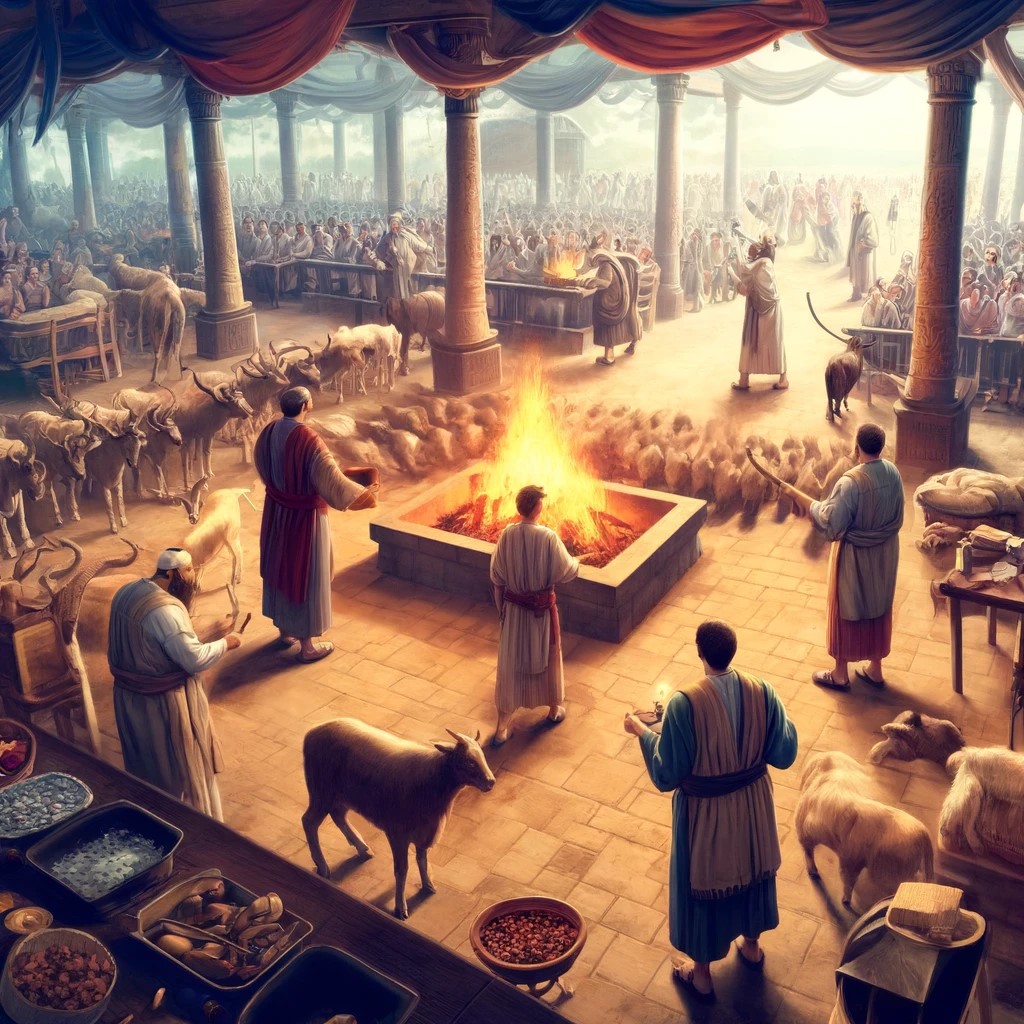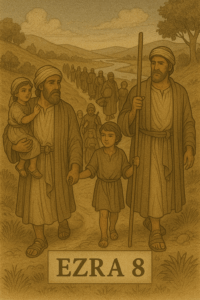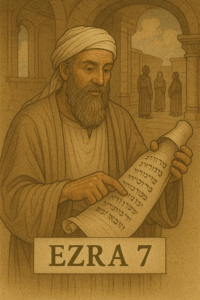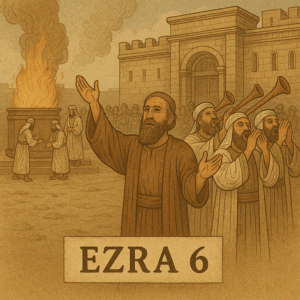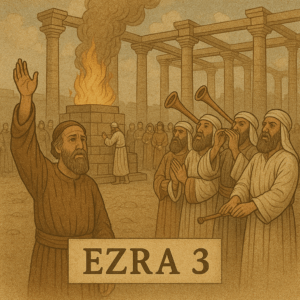Introduction.
Numbers 28 provides an outline of the offerings that the Israelites are commanded to make daily, weekly, monthly, and during special festivals. This chapter reaffirms the importance of regular worship practices and emphasizes the community’s continual commitment to God. Through an analysis of these rituals, we can glean insights into how structured religious practices help foster a disciplined spiritual life and enhance communal bonds.
The daily offerings.
The chapter begins with instructions for daily offerings, which consist of two lambs offered each day, one in the morning and one at twilight. These offerings signify a perpetual covenant between God and his people, symbolizing continual devotion and the sustenance of daily life through divine provision.
Sabbath and monthly offerings.
In addition to the daily offerings, special provisions are made for the Sabbath and the beginning of each month. The Sabbath offerings double the daily offerings, reinforcing the sanctity of the day of rest and reflection. The monthly offerings, made at the new moon, include burnt offerings of bulls, rams, and lambs, accompanied by grain and drink offerings, signifying renewal and purification at the start of each month.
Festival observances.
Numbers 28 also details the offerings for major festivals such as Passover and the Festival of Weeks. These festivals require specific sacrifices that reflect thanksgiving and remembrance of God’s salvation and blessings. The detailed instructions ensure that each observance is carried out with precision and reverence, reflecting the community’s collective memory and hope.
Themes and lessons for today.
– Spiritual discipline: The regularity of these offerings teaches the value of consistency in spiritual practices, which helps in maintaining a steady relationship with the divine.
– Community and unity: The communal aspect of these observances strengthens the bonds among the Israelites, centering their social and spiritual lives around shared practices.
– Reflective remembrance: The festivals serve as times of reflection on God’s past deliverances, encouraging gratitude and reinforcing faith in God’s ongoing provision and protection.
Conclusion.
Numbers 28 underscores the significance of structured religious observances in building and sustaining a faithful community. These rituals are not merely routine; they are acts of worship that honor God and foster a deep, communal engagement with the sacred. As modern believers, reflecting on these practices can inspire us to integrate similar patterns of worship and remembrance into our lives, enhancing our spiritual discipline and communal bonds.
Reflection.
How can the principles outlined in Numbers 28 be incorporated into modern religious practices to enhance spiritual discipline and community cohesion?
